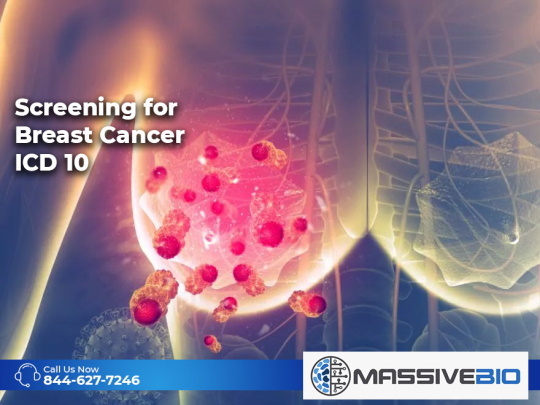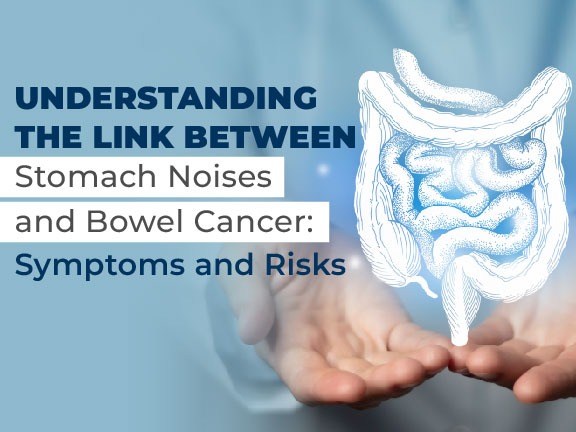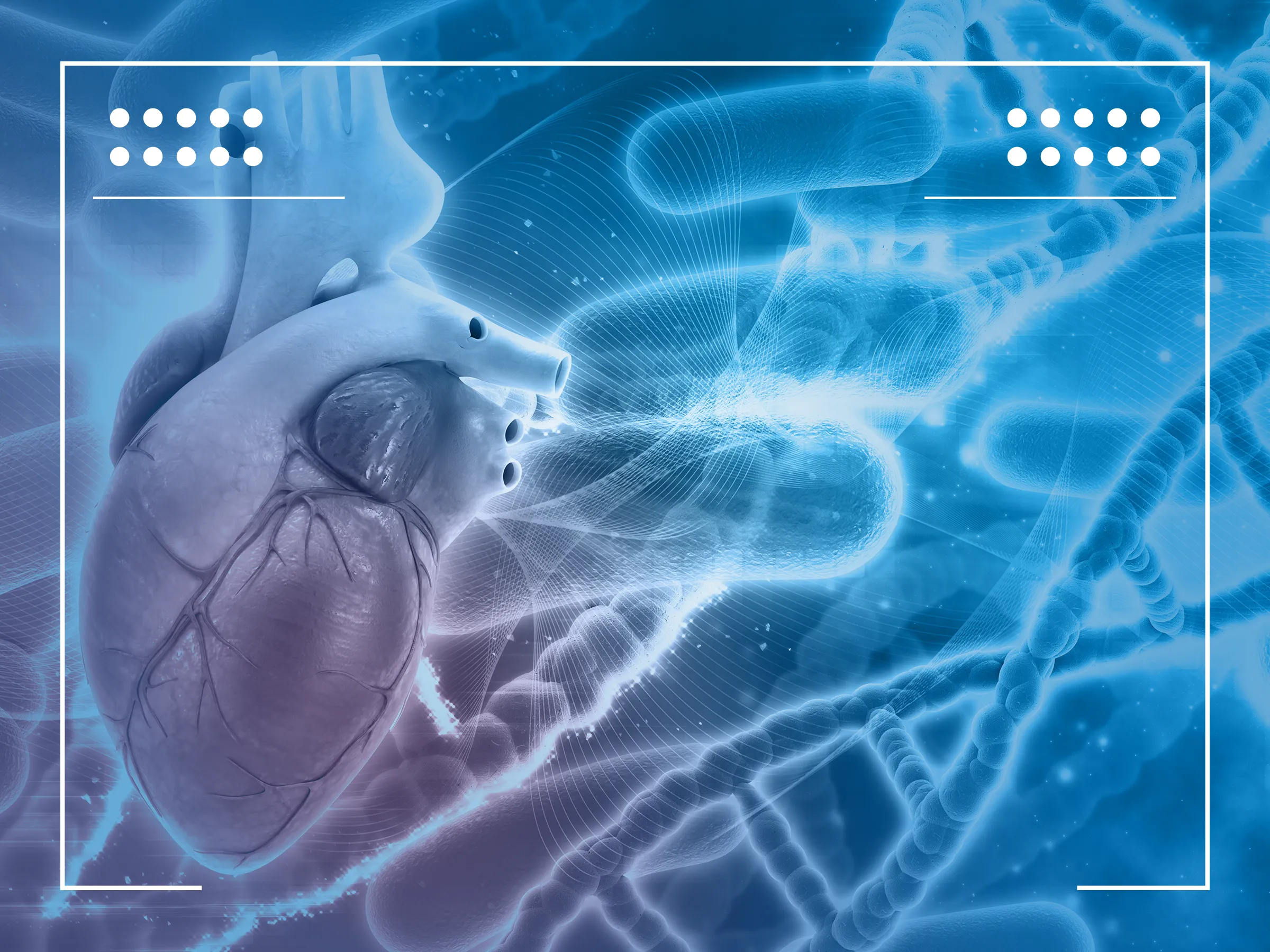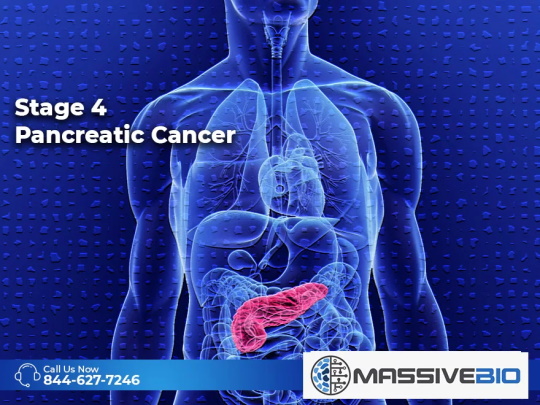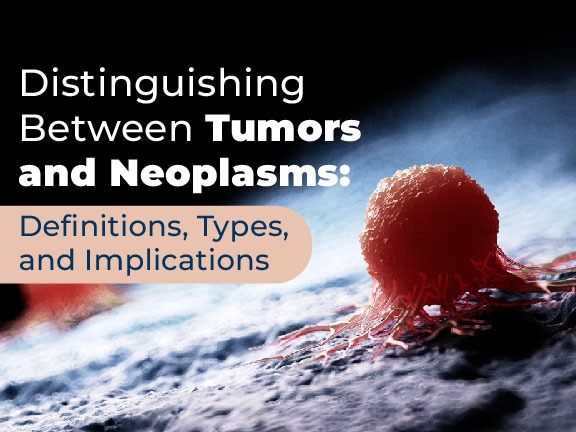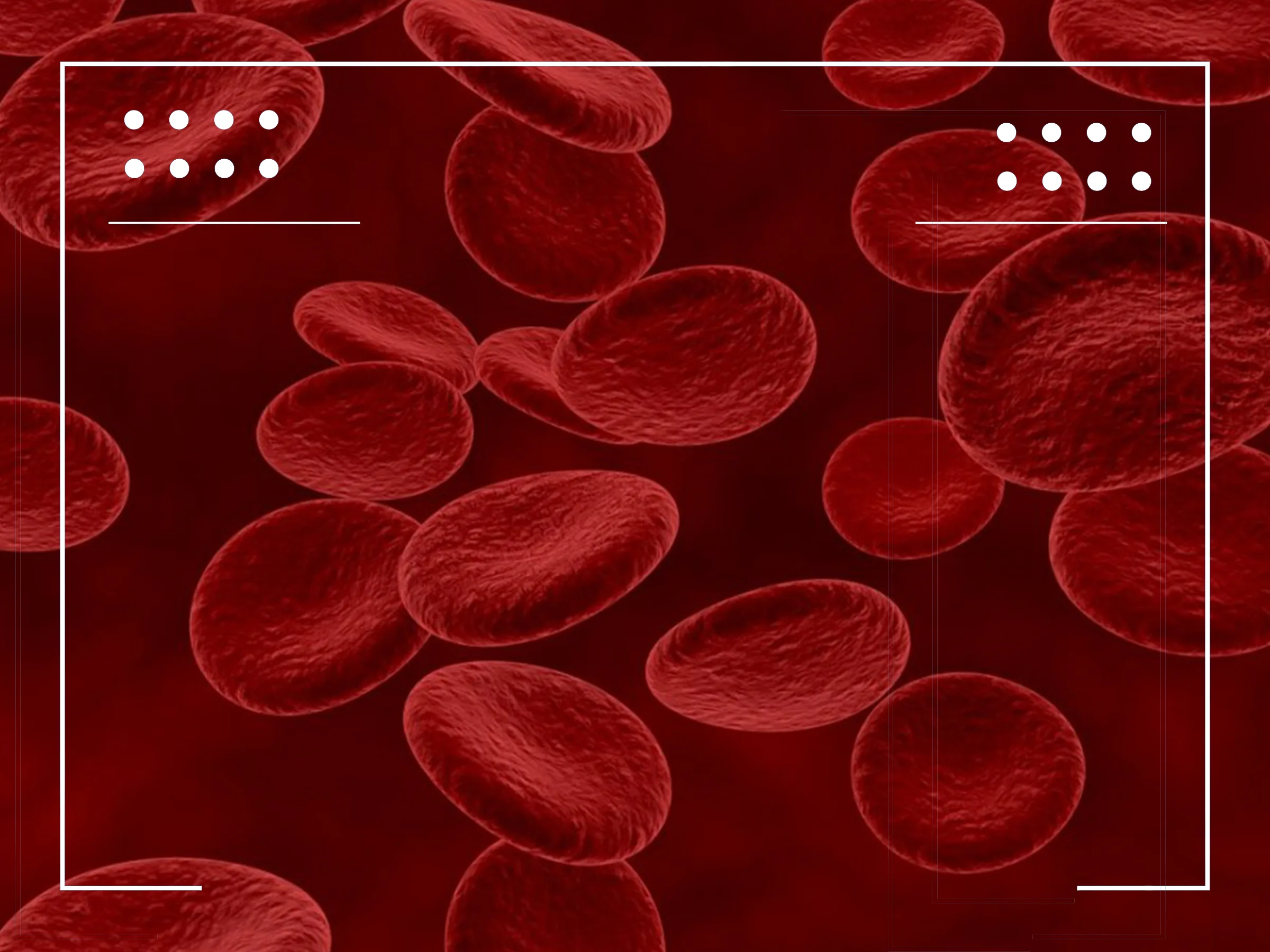Lymp node cancer, commonly referred to as lymphoma, represents a group of blood cancers that develop in the lymphatic system. The lymphatic system is a crucial part of the immune system, helping to fight infections and diseases. Lymphomas can be classified into two main types: Hodgkin lymphoma and non-Hodgkin lymphoma, with the latter being the more prevalent.
Lymp node cancer affects the lymphocytes, which are a type of white blood cell pivotal for the body’s immune response. When cancerous, these cells multiply uncontrollably and can form tumors in the lymph nodes and other parts of the lymphatic system, such as the spleen or the bone marrow. Diagnosing lymph node cancer typically involves a physical examination, blood tests, imaging tests, and a biopsy of the lymph node.
Symptoms may include enlarged lymph nodes, fatigue, unexplained weight loss, night sweats, and fevers. The exact cause of lymphoma is unknown, but factors such as genetics, immune system deficiencies, and certain infections may increase the risk. Treatment options vary depending on the type and stage of the cancer and can include chemotherapy, radiation therapy, targeted therapy, and in some cases, stem cell transplantation. Early diagnosis and treatment are crucial for improving the prognosis and quality of life for patients with lymphoma.
Lymph Node Cancer Stages
Lymphoma is a type of cancer that affects the lymphatic system, which is a critical part of the body’s immune system. This system helps to fight infections and other diseases, making its health crucial for overall well-being. The staging of lymphoma is essential for determining the most effective treatment plan and understanding the prognosis.
The symptoms of lymphoma can vary widely but often include swollen lymph nodes, fatigue, and unexplained weight loss. The axillary lymph nodes, located under the arms, and the colon are common areas where lymphoma can cause noticeable symptoms. It’s crucial for individuals to monitor their bodies for changes and consult a healthcare provider if they experience persistent swelling or other related symptoms.
Understanding what is lymphoma involves recognizing the two main types: Hodgkin lymphoma and non-Hodgkin’s lymphoma. Both types affect the lymphocytes, a kind of white blood cell, but they do so in different ways and may require different approaches to treatment.
When discussing lymphoma cancer, it’s important to note that the disease can spread to various parts of the body. Cancer to lymph nodes beyond the original site is a critical factor in staging the disease. The presence of cancerous lymph nodes significantly affects the approach to treatment and prognosis.
The stages of lymph node cancer are determined based on how far the cancer of lymph nodes has spread. Here are the general stages:
- Stage I: Cancer is found in a single lymph node region.
- Stage II: Cancer is located in two or more lymph node regions on the same side of the diaphragm.
- Stage III: Cancer has spread to lymph node regions on both sides of the diaphragm.
- Stage IV: The most advanced stage, where cancer has spread beyond the lymph nodes to organs such as the liver, lungs, or bone marrow.
Lymph node cancer in the neck specifically refers to when the cancer is located within the cervical lymph nodes. Cancer in lymph nodes in the neck can cause noticeable swelling and discomfort, leading individuals to seek medical attention.
Non-Hodgkin lymphoma symptoms can be similar to those of other illnesses, making early diagnosis challenging. However, recognizing these symptoms early and undergoing prompt evaluation can lead to earlier detection and treatment, potentially improving outcomes.
In conclusion, understanding the stages and symptoms of lymph node cancer is crucial for effective treatment and management. Awareness and education about this condition can empower individuals to seek timely medical advice, leading to better health outcomes.





